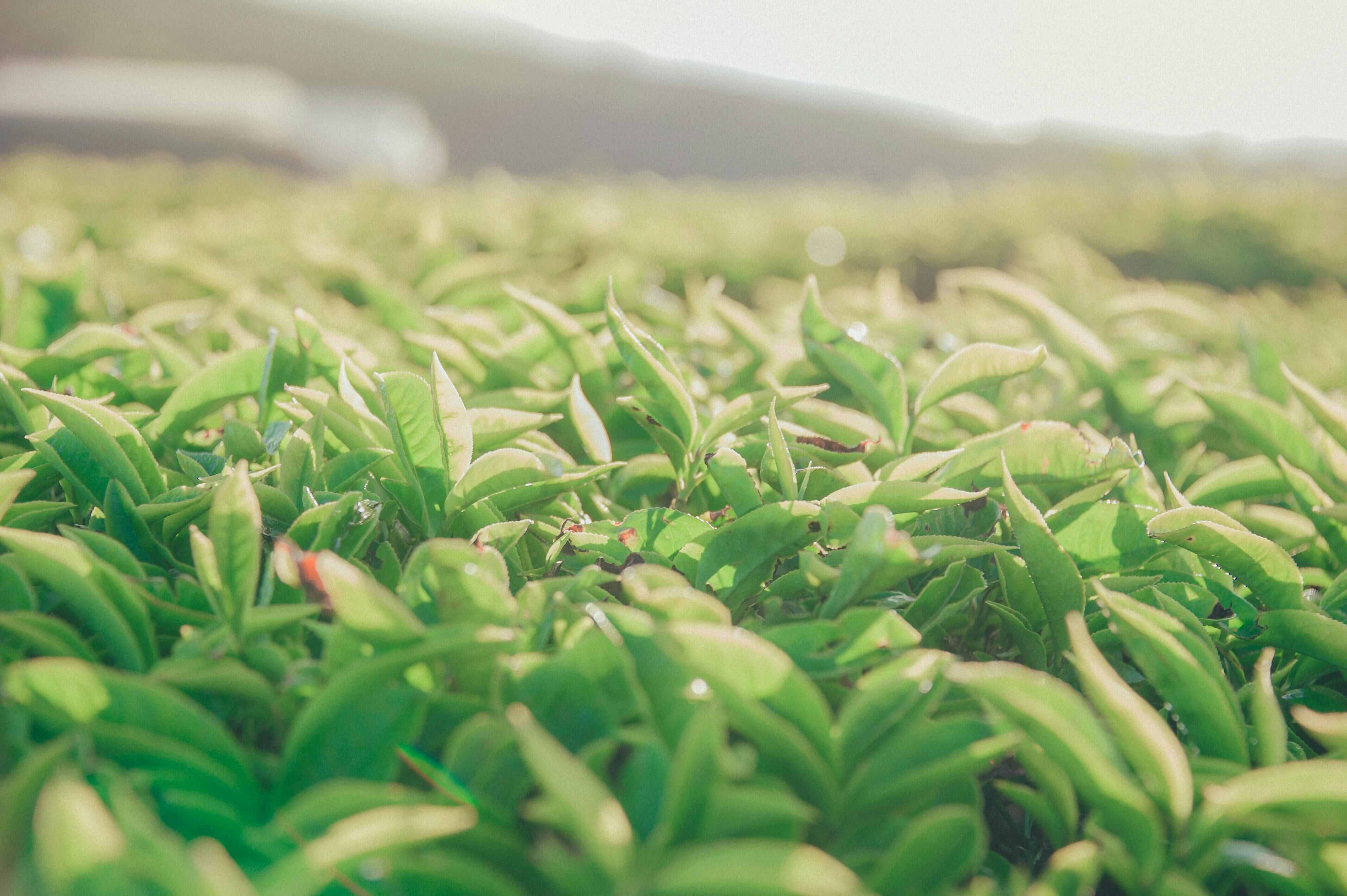International Day of Families 2026
The International Day of Families is observed each year on May 15. Established by the United Nations General Assembly in 1993, this day serves as a platform to recognize the value of families in society and to encourage policies that support family well-being, equality, and development. It brings attention to the ways families shape communities and influence progress across education, health, employment, and social inclusion.
International Day of Plant Health 2026
The International Day of Plant Health is observed each year on May 12. Established by the United Nations and supported by the Food and Agriculture Organization, the day raises awareness about the role of plant health in protecting food security, environmental balance, and economic stability. This observance encourages action to prevent the spread of plant pests and diseases, which threaten crops, livelihoods, and the planet’s ecosystems.
International Day of UN Peacekeepers 2026
The International Day of United Nations Peacekeepers is observed annually on May 29. Established by the United Nations General Assembly in 2002, the day honors the dedication, service, and sacrifice of the military, police, and civilian personnel who serve in United Nations peacekeeping operations. It also remembers those who have lost their lives in the pursuit of peace and highlights the continuing need for collective action in addressing global peace and security.
International Day for Biological Diversity 2026
The International Day for Biological Diversity is observed each year on May 22. Proclaimed by the United Nations to raise awareness of the value of life on Earth, this day serves as a global reminder of the need to safeguard biodiversity and protect the ecosystems that support human well-being. The observance is coordinated by the Convention on Biological Diversity, the international legal instrument for the conservation and sustainable use of biological resources.
This content aligns with Goal 12: Responsible Consumption and Goal 13: Climate action by outlining strategies for a negative carbon footprint in raising small ruminants for meat and dairy, producing protein-rich food without harm to the environment.
This content aligns with SDG 2 and 3 by discussing the availability and nutritional qualities of pomegranate.
This content aligns with SDG 2 and 3 by discussing the availability and nutritional qualities of pomegranate.
This content aligns with SDG 7 and SDG 12: Pomegranate peels are otherwise discarded. But this chapter discusses how the waste can be converted into a clean source of renewable energy.




